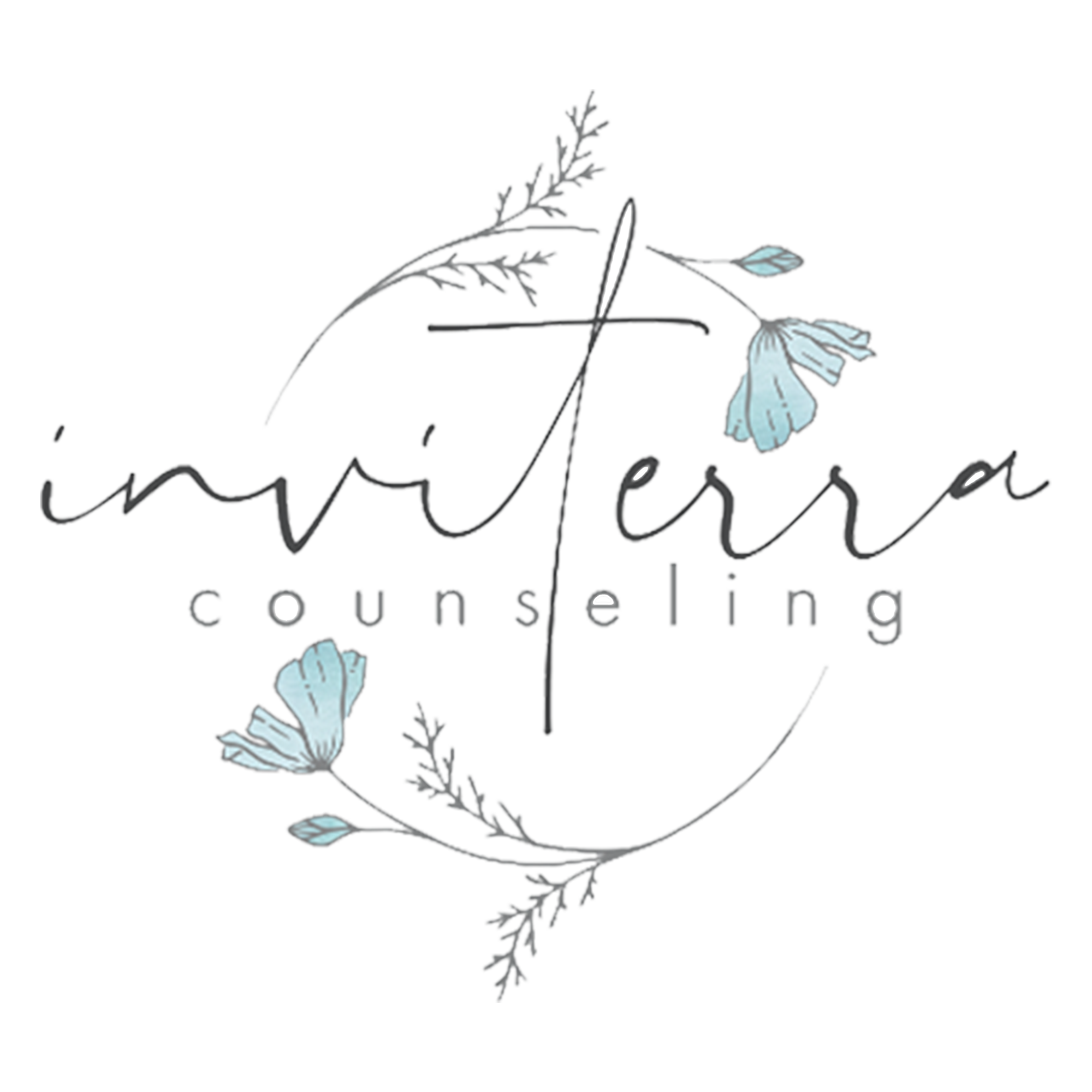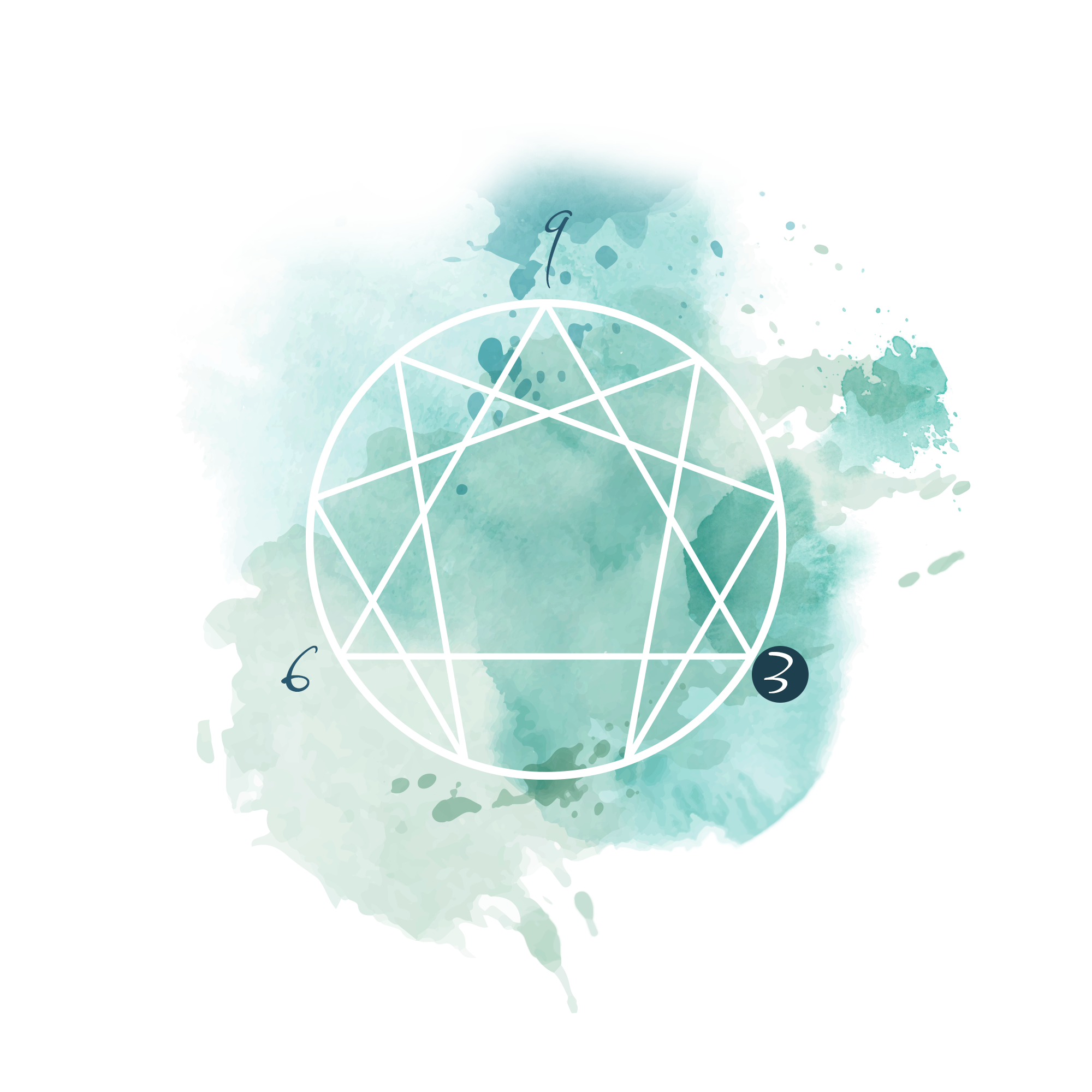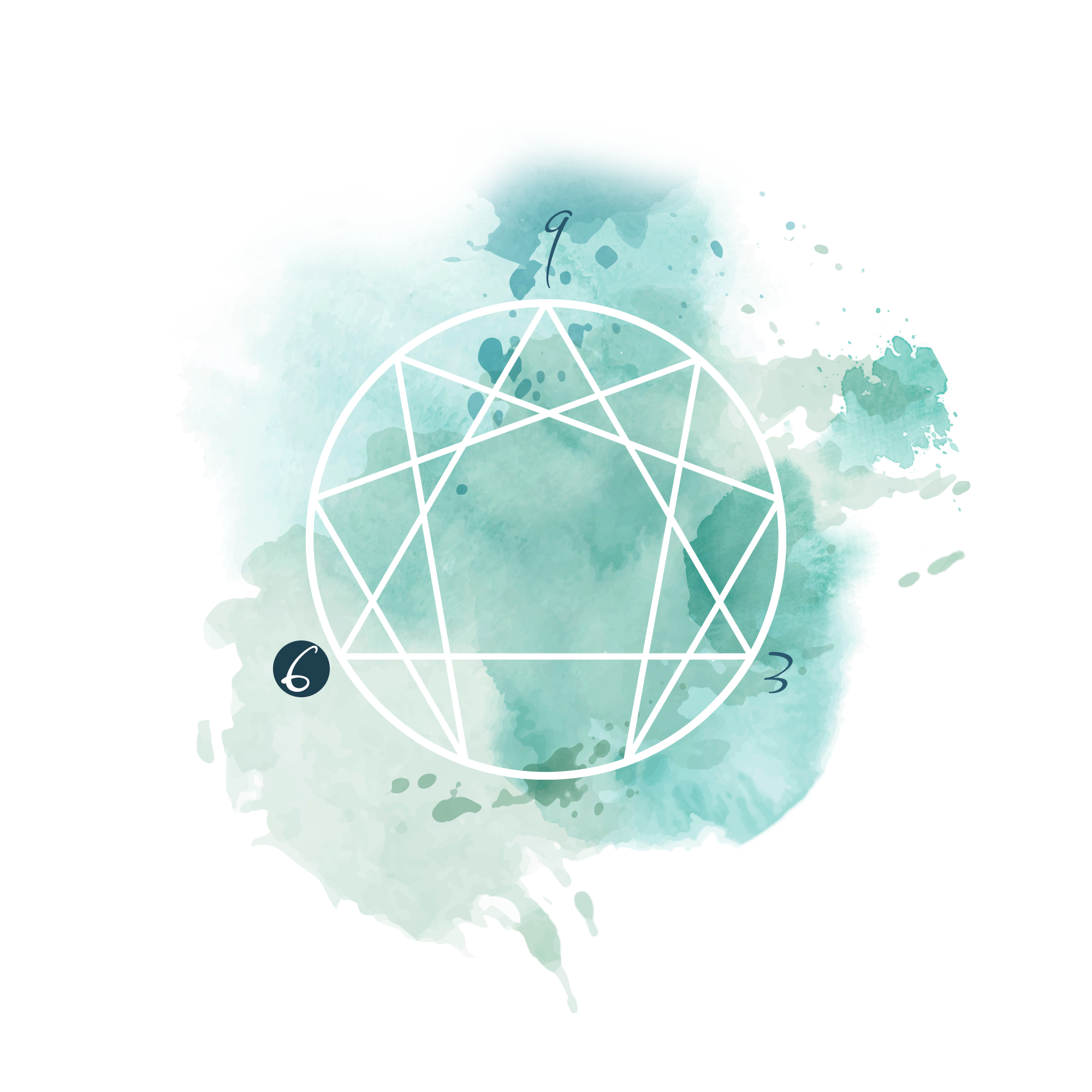Do you think you’re “just too”?
Melinda, what are you talking about?? What does that mean??
Often, when new clients visit me, they tell me they’re just “too.”
They’ve been told they’re too sensitive.
Too conscientious.
Too serious.
Too emotional.
Too responsible.
Just TOO much.
Too, too, too.
Ugh.
When the world is loud, and you don’t feel seen, it’s not hard to start believing there’s something wrong with you. That maybe they’re right, and if you were just a little less…
If you can relate, let me assure you: you are not TOO much.
You’re not! You’re you, and “you” are a complex human living in a body with needs that can’t be minimized.
And it can really help to know you’re not alone – to understand that we all share certain traits and commonalities, in different combinations.
Those combinations play a part in how we respond to things in our life both internally and externally. They also have a lot to do with how we relate to and get along with others.
Once you have a handle on that understanding, things can really start to change.
You can learn to see yourself in a different light through Enneagram therapy.
“Okay, Melinda, you keep using that word. But what is Enneagram therapy??”
Hey, great question!
The Enneagram is a rich, comprehensive framework that uses nine distinct personality patterns to help us understand the strategies we use for survival.
Like…
1. The Reformer, who strives to do everything “right” but struggles to acknowledge that “just fine” is – well – just fine;
2. The Befriender, whose heart for others could warm up the coldest winter day but rarely considers checking in with themselves to see what their own needs are;
3. The Achiever or Performer, for whom words like “high-achieving,” “productive,” and “successful” are a love language, but looking like a failure sends them running for the hills;
4. The Romantic or Individualist, the constant striver with huge, often-conflicting feelings, who will climb a mountain in search of authenticity (and also because they’re afraid they’ll be plain old ordinary if they don’t!);
5. The Observer, whose keen analytical sense means they like to rely on themselves and as few other people as possible;
6. The Devil’s Advocate or Contrarian, the wittiest and most practical of their friends, who is also secretly terrified of uncertainty and the specter of instability;
7. The Epicure or Adventurer, whose never-ending pursuit of fun and adventure masks a deep avoidance of pain and discomfort;
8. The Challenger, whose intense need for control makes them natural leaders (and also really, really afraid of being vulnerable or controlled themselves); or
9. The Peacemaker, who strives for a calm journey for all, above all else, and often at the expense of knowing themselves.
In the past, these strategies worked pretty well to help us fulfill our needs. But as we’ve grown, we’ve started to bump up against their limitations – what once helped us deal with pain is now the reason we’re experiencing it to begin with.
We’ve realized it’s time to grow beyond these strategies and behaviors. We need healthier, more sustainable ways of engaging with the world.
And that’s why I LOVE this tool.
I use Enneagram therapy to help you gain awareness and growth.
An understanding of your Enneagram type becomes a jumping-off point for deep discovery around the subconscious patterns you’re in. And then?
How to leave those unhelpful patterns behind like that haircut you had in middle school. (You know the one.)
I know you WANT to show up in fuller ways.
You WANT healthier habits.
You want to be less reactive and more proactive – more in control of how your needs are met.
You want to be authentic, and you want to be YOU.
And with Enneagram therapy, you totally can be.
The Nine Types
Type 2
The Helper
Warm, friendly, caring, giving, others-oriented
Focus on being connected to others
Motivated by a need to be liked/loved and needed
Avoid rejection, acknowledging and expressing own needs
Type 1
The Perfectionist
Ethical, dedicated, reliable, critical of self and others
Focus on what could be better, what's wrong
Motivated by a desire to live the right way, improve the world
Avoid fault and blame
Type 3
The Performer
Success-oriented, productive, high achieving, image-conscious
Focus on tasks, goals, success, image
Motivated by a need to be (or appear to be) successful
Avoid failure (and appearing to fail)
type 4
The Romantic
Creative, emotionally/aesthetically sensitive, moody, self-absorbed
Focus on emotions, the state of relationships, being authentically oneself, what's missing
Motivated by a need to be understood and to experience their oversized feelings
Avoid being ordinary or like others
type 5
The Investigator
Analytical, objective, detached, and private
Focus on knowledge, privacy, managing energy/space/resources
Motivated by a need to gain knowledge, conserve energy
Avoid relying on others, emotions
Type 6
The Loyalist
Committed, practical, and witty; analytical and strategic
Focus on risk, danger, and threats; preparing for the worst
Motivated by fear and the need to feel safe and secure
Avoid uncertainty and spontaneity
type 7
The Enthusiast
Fun, upbeat, spontaneous, and adventurous
Focus on pleasure, positives, possibilities
Motivated by a need to be happy, to plan stimulating/exciting experiences
Avoid pain and discomfort
type 8
The Challenger
Commanding, high intensity, confrontational, big picture
Focus on power and control
Motivated by a need to be strong
Avoid feeling week or vulnerable, being exploited or betrayed
type 9
The Peacemaker
Pleasant, laid back, accommodating, emotionally steady
Focus on others, what's happening in the environment
Motivated by a need to keep the peace, achieve harmony, merge with others
Avoid conflict, anger, separation from others
Ready to begin?














